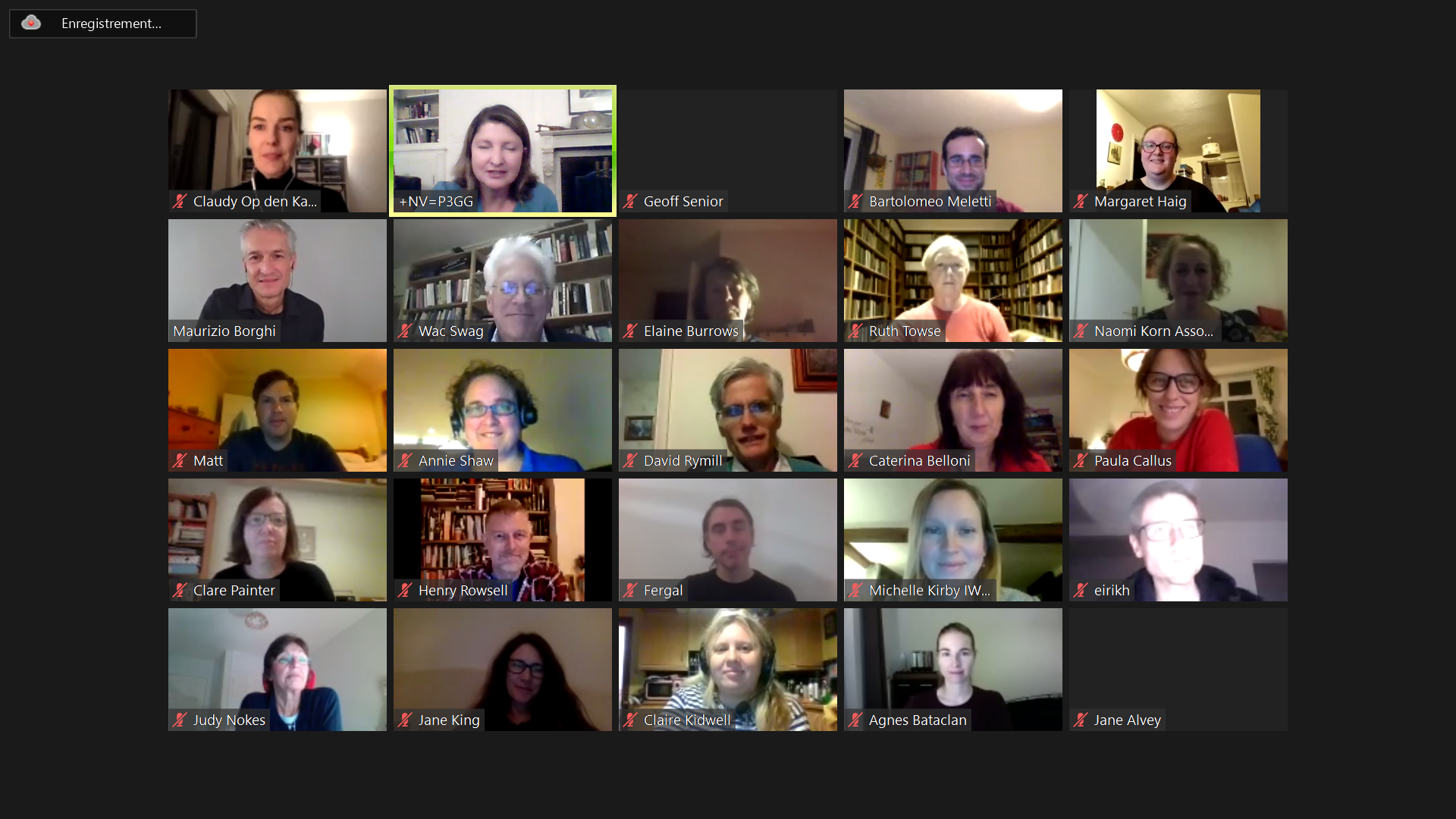The aim of the EnDOW project: “Simplify diligent search to free orphan works”
It’s not money that makes cinema, but ideas! In a video the key role of Orphan Works
October 21, 2020
Unlock orphan films and make them available to the public! Countdown to launch the EnDOW Community…
November 4, 2020To train an army of volunteers to examine whether a literary or cinematographic work is really orphan (which means without a traceable author) and to release it online for the benefit of all. This is how could be summarized the EnDOW Community project, which was born after years of work and looks to the future, tracing a bridge through the worlds of art, culture and law. As explains better Professor Maurizio Borghi, director of the Centre for Intellectual Property Policy and Management at the Bournemouth University, who is at the origin of the initiative.
How was this project born?
“With CIPPM we have been researching the digitization of cultural heritage for many years. During this activity we realized how much cultural institutions are doing to increase access to their collections and how many obstacles they face because of copyright laws. I am thinking, for example, of the British Library, which has made the archives of the feminist weekly magazine Spare Rib available after a lengthy verification of rights. A great achievement, like the one made by the library of the University of Glasgow, which digitized Edwin Morgan’s collage albums (scrapebooks). Copyright must be at the service of access to the works and not hinder it. If this happens it means that something is not working well”.
In your opinion, what is the biggest problem?
“When it is impossible to trace the author, using his or her work for cultural purposes becomes too risky, since the institution risks lawsuits and even damage to reputation. Incidentally, authors are often happy to have their works distributed through digital libraries and digital archives, especially when they are no longer commercially exploiting them”.
Can you explain better how cultural institutions can digitize orphan works?
“Before 2014 there was no solution for libraries, which had to take a risk or give up the idea of digitization. Then the law changed, so now it is possible to digitize orphan works provided that a diligent search has been carried out”.
What do you mean by diligent search?
“I mean that the institution must consult a number of sources, mainly databases and archives, to check any information about the author is available. This sounds easy, but the process can be long and laborious, since it is necessary to perform a diligent search for every single work!”
A huge job for a public institution, which often has few resources and limited staff…
“Exactly. To meet their needs the EnDOW project was born in 2015, created by Bournemouth University and a group of European universities with the support of national research councils and the European Commission”.
What solution have you devised to make it easier to share orphan works online?
“On the one hand we have simplified and made uniform the process of diligent search and on the other we have exploited the concept of crowdsourcing, which in recent years has been spreading in various areas, from fundraising to the pursuit of concrete objectives”.
Two interesting ideas, but can you explain how they materialize?
“We have created a public platform that guides step by step to the completion of diligent search on a work, according to the requirements imposed by copyright law. And the use of this tool is so intuitive that you don’t need computer skills or copyright knowledge to use it. In this way, a cultural institution can use the tool directly or ask volunteers to participate in the project and “free” as many works as possible from copyright restrictions. So that they can be digitized and made available online”.
So you need to recruit volunteers to help cultural institutions. Where do you start from?
“Thanks to the EnDOW project we have had the tremendous opportunity to get in touch with leading cultural institutions. One in particular, the BFI, has agreed to contribute to a pilot project called EnDOW Community, funded by the Arts and Humanities Research Council (AHRC). The British Film Institute has agreed to make available a list of potentially orphan films and to ask our “community of investigators” to complete the necessary diligent search”.
But who is part of this “community of investigators”?
“Actually it is a community under construction, since all those who have an interest in the history of cinema can join it. They just need to go to the website and register, to become part of a great adventure!”.




